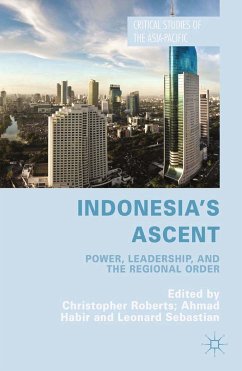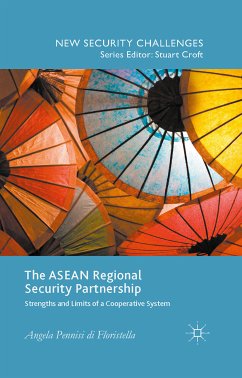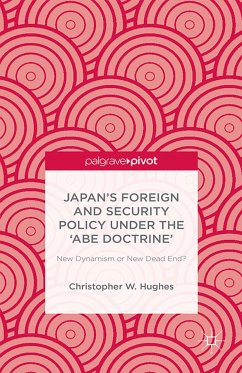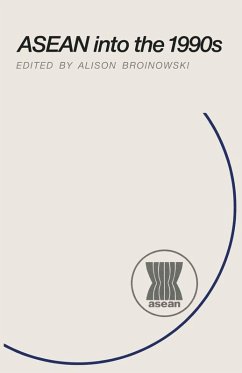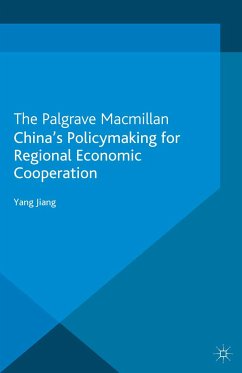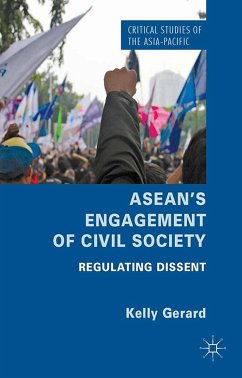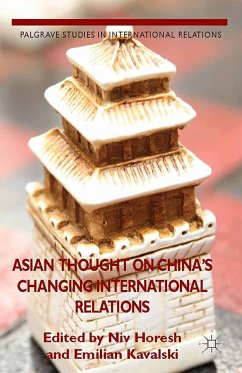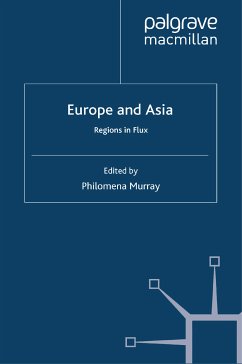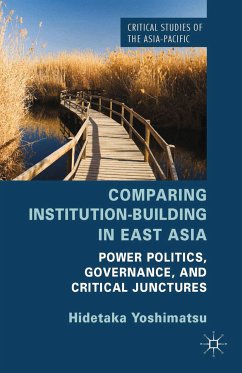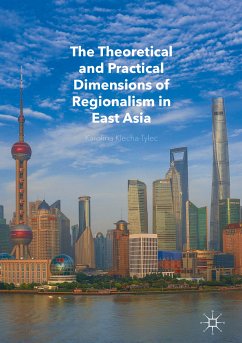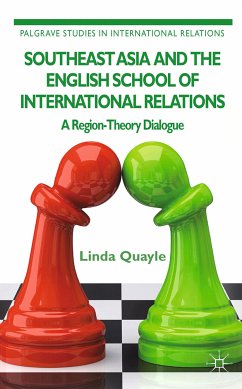
Southeast Asia and the English School of International Relations (eBook, PDF)
A Region-Theory Dialogue
Versandkostenfrei!
Sofort per Download lieferbar
40,95 €
inkl. MwSt.
Weitere Ausgaben:

PAYBACK Punkte
20 °P sammeln!
This book examines the interface between the theoretical framework known as the English School and the international and transnational politics of Southeast Asia. The region-theory dialogue it proposes signals productive ways forward for the theory.
Dieser Download kann aus rechtlichen Gründen nur mit Rechnungsadresse in A, B, BG, CY, CZ, D, DK, EW, E, FIN, F, GR, HR, H, IRL, I, LT, L, LR, M, NL, PL, P, R, S, SLO, SK ausgeliefert werden.



